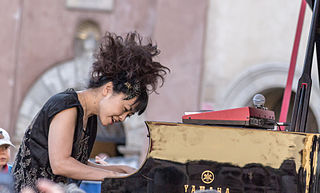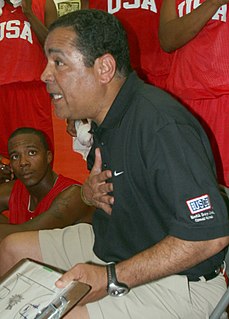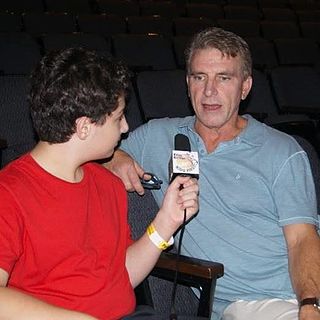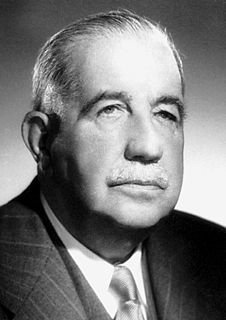A Quote by Jesmyn Ward
My mother helped to integrate the local elementary school in the nineteen-sixties.
Quote Topics
Related Quotes
While visiting Costa Rica, I was inspired to hear that someone had donated a playground to a local school. So when I returned to L.A., one day I just called the principal of a nearby elementary school and asked what I could do. Five years later, I've helped make over nine schools, repainting, renovating, and fixing up playgrounds.
My mother grew up in abject poverty in Mississippi, an elementary school dropout. Yet, with the support of women around her, she returned to school and graduated as class valedictorian - the only one of her seven siblings to finish high school. She became a librarian and then a United Methodist minister.







































